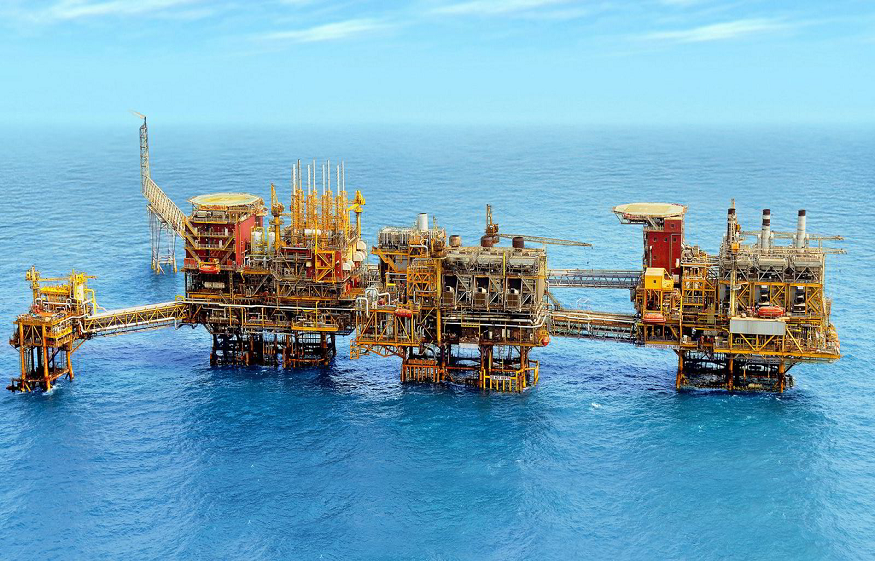Exploration and production, often called E&P, is a particular sector within the oil and gas industry. This sector is linked to the early stage of energy production. This stage largely involves searching for and extracting oil and gas. An exploration and production company finds and extracts raw materials meant for the energy business. They do not refine or produce energy, but largely focus on finding and extracting raw materials to be shipped to other oil firms within the production process. Paul Favret was the CEO and founder of Source Energy Partners. It is a Denver-based exploration and production corporation.
Paul Favret underlines the different phases of oil exploration and production
Exploration and production are a part of the upstream segment of the oil and gas industry. This segment includes the search, exploration, drilling, and extraction phases. E&P stage is the earliest part of the oil and gas production process. Businesses within this segment largely work on locating and extracting commodities from the Earth.
The entire process of oil and gas exploration and production comprises of multiple stages. Search and exploration is the first stage, and basically involves the search for hydrocarbons. Land surveys are performed to identify the most promising areas in this stage. The key aim is to locate particular minerals underground to estimate the amount of oil and gas reserves prior to drilling. Geologists commonly study rock formations and layers of sediment within the soil for identifying the presence of oil or natural gas. This process may involve seismology. How involve seismic waves interact with a reservoir containing oil and gas aids in pinpointing its location. After the areas where there is a possibility of a reserve are identified, the test drilling process starts off.
An oil well is drilled on the identified, potentially viable fields. This helps in testing the findings and determining whether an adequate amount of commercially viable reserves is available. The process involves making a hole by grinding or drilling the rock beneath the surface. A steel pipe might be inserted into the hole so that the drill is inserted into the pipe and enables exploration at a deeper level. Core samples are taken and studied by engineers, geologists, and even paleontologists. They determine if there is the adequate quality of natural gas or petroleum in the underground reserve. If the process shows that there is both the quality and quantity required to start selling commercially, oil production starts off. Paul Favret holds Magna Cum Laudes and Summa Cum Laudes from Western Carolina University and the University of South Carolina. His educational background helped him to become a valuable part of the oil and gas industry.
Engineers are the ones to ideally estimate the number of wells to be required and the ideal methods for extraction. The estimated cost of the number of wells shall also be determined. After doing so, the construction of the platform starts off. This can be on land or offshore. The needed environmental protections are also implemented at this stage. Subsequently to this, the extraction process starts. Petroleum is generally extracted on-site, temporarily stored, and ultimately shipped with the assistance of a pipeline to a refinery.

